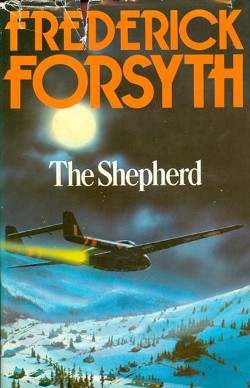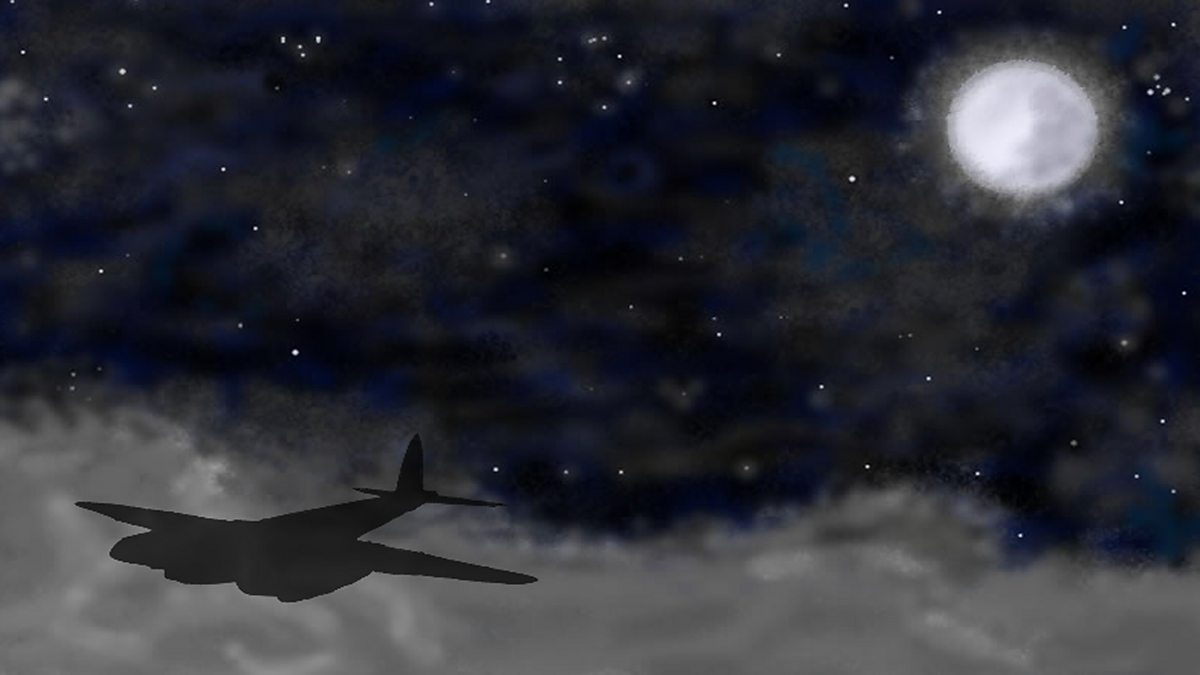Since 'Dubliners' has been mentioned can I suggest 'The Dead' from that collection as a very fine piece of writing indeed?
Once Upon a Time ...
Collapse
X
-
Thanks for this, vinty - I didn't know of them.Originally posted by vinteuil View Post.... a long time since I've read them, but I remember much enjoying the stories of Karen Blixen / Isak Dinesen - Seven Gothic Tales, Winter's Tales, Last Tales - they had a scintillating Scarlatti-esque sharpness to them - but ice-cold rather than Iberianly hot...
"Gothic" reminds me of the many pleasures I've enjoyed from reading the ghost stories of Robertson Davies.
I should have included Maupassant in my list (which is looking increasingly inadequate) - always rewarding reading ever since I was introduced to them in the last year of Primary School.Originally posted by vinteuil View Post[Maupassant] perhaps out of fashion? Some good stark stuff, tho' - I particularly like things such as : la Petite Roque; le Horla; Garçon, un bock!; and le Rosier de Madame Husson, which was the basis for Albert Herring...
And, speaking of lifelong reading pleasures - Conan Doyle's Sherlock Holmes stories, of course![FONT=Comic Sans MS][I][B]Numquam Satis![/B][/I][/FONT]
Comment
-
-
Can't remember how short it is but, for the sentimentally inclined, Babette's FeastOriginally posted by vinteuil View Post.
... a long time since I've read them, but I remember much enjoying the stories of Karen Blixen / Isak Dinesen . .
.
For me, there are two qualities needed for a short story:
1) You can relate the entire plot in all its essentials in a sentence or two
2) Even though 'How it ends' is no longer a mystery, it's always a pleasure to reread.It isn't given us to know those rare moments when people are wide open and the lightest touch can wither or heal. A moment too late and we can never reach them any more in this world.
Comment
-
-
I read it when it was first published or thereabout when there were still a couple of disused airfields left around this corner in Kent. On Christmas Eve last year, I happened to turn the radio on and caught this. It still seems to be available. I thought it was excellently adopted and wonderfully seasonal.Originally posted by Hornspieler View Post"The Shepherd" by Frederick Forsyth.
Possibly because it is so similar to the three RAF stories which I wrote at the behest of the BBC Talks department (who then, abruptly dropped their popular "Morning Story" from the BBC Home Service}.
Feel free to contact me by PM with any questions.
Hornspieler
Last edited by doversoul1; 05-12-17, 09:13.
Comment
-
-
 Richard Tarleton
Richard Tarleton
Here, anton, is a classic from Damon Runyon. His two collections - On Broadway, and Runyon from First to Last - are full of classics, featuring his cast of shifty Broadway characters - but this is a beauty -Originally posted by antongould View PostTo fulfill my role as a pest vints could you please give a good 'un from some or all of these masters ......
Saki - I'd just get the complete Saki if I were you - all in one Penguin book. The first two sets featuring Reginald are good, but he really hits his stride (IMV) with the Chronicles of Clovis, with his sardonic observer Clovis Sangrail (who reminds me slightly of vinteuil ) and Beasts and Super-Beasts - here's one of my favourites, which features a plot device you may recognise from E Waugh's Scoop....http://www.eastoftheweb.com/short-st...sTere809.shtml
) and Beasts and Super-Beasts - here's one of my favourites, which features a plot device you may recognise from E Waugh's Scoop....http://www.eastoftheweb.com/short-st...sTere809.shtml
All the best short stories have a twist at the end.....
Comment
-
" The Man who could fly backwards" is an account of my brother-in-law's experience of working with that legendary flying ace Buszulski at RAF Boscombe Down during and just after WW2.All the best short stories have a twist at the end.....
So I have given him one of my nom-des-plumes - "Vinsun Beech" (the maiden names of my two grandmothers, both of whom died before I was born).
Jack (now Mr Beech ) gained his degree at Southampton University, speciallising in optics ans aeronautics. He joined the University's Air Squadron and learned to fly.
But the Ministry of Defence had a more important role for him than RAF pilot, so Jack found himself in a reserved occupation and not particularly pleased with his situation.
But that is why he was involved with ""The Man Who could Fly backwards" and the story is reproduced as he told it to me.
(This was in 1943 so I was only ten years old).
Stand By for "The Man Who Could Fly Backwards!"
HS
BTW Thanks for the Birthday Greetings
Comment
-
-
THE MAN WHO COULD FLY BACKWARDS
Part One
To say that Buczulzki was a good pilot is an understatement. It’s rather like saying that Adolf Hitler was a bit of a troublemaker. Buczulzki was the best I ever saw. An aircraft under his control was like a Stradivarius in the hands of a great virtuoso. We used to leave our desks and drawing boards just to watch him land a plane. It was sheer poetry.
“An aircraft,” he once told me “she is like a woman. You must handle her gently or she will not respond, but your hand must be firm because a woman dislikes a flabby touch. You must always respect her but you must never fear her, or she will destroy you. Above all, you must love her—not just for her attributes but for her faults as well; because they are all a part of what makes the whole.”
“An interesting philosophy” I observed “What does your wife think of your theory?”
Buczulzki shrugged. “How can she argue? My wife, she is like an aircraft. She is a little Spitfire, no?”
I had to agree there. His wife was a little redhead from Wroclaw and she had a temper to match her hair. She was certainly more than I could have handled, but then I was no Buczulzki.
He learned his skills in the toughest flying school of all time. The sky above Warsaw in 1939 was no place for amateurs. Buczulzki graduated with honours, launching his obsolete biplane against the might of the Luftwaffe day after day.
When there was nothing left to fight with and little left to fight for, he and his wife escaped to England with Lubik, his lifelong friend and flying companion and together they joined the Polish Squadron of the Royal Air Force. He survived, where many perished and his exploits earned him a DFC, command of a squadron of Hurricanes and a reputation as `the man who can fly backwards, if the situation calls for it’. It is certainly true to say that he could get a lot more performance out of a Hurricane than its designer, Sydney Camm, ever intended. He could climb just that little bit faster, turn a fraction tighter, stay airborne for just those few vital minutes longer.
“I got a good mechanic, that’s all” he used to say, but it was obvious that he had a strange rapport with any aircraft he flew and it wasn’t long before the Air Ministry came to hear about this remarkable pilot and his uncanny ability. When they asked him to join the team of test pilots at the experimental station on Salisbury Plain, he didn’t want to go at first.
“I came here to fight my Country’s enemies, not to argue with designers.” He complained, but the RAF has a way of persuading people about that sort of thing—it’s known as `refusing to obey an order’, charge number two five something; so he agreed to go, providing that he could take Lubik with him.
That’s how I came to meet him and our acquaintance did not have the best of beginnings. I’m an aeronautical engineer. I’d like to claim that I’m a designer, but I’ve never actually designed anything in my life. My job was to sort out the snags, to try to determine why components designed by somebody else didn’t work as they were supposed to. I got it from both sides -- from the designers, who weren’t prepared to have a young whippersnapper like me tell them where they’d slipped up—and from the pilots, who seemed to think that I had only to wave a magic wand and the greatest folly in the world could be made to function perfectly.
Comment
-







Comment